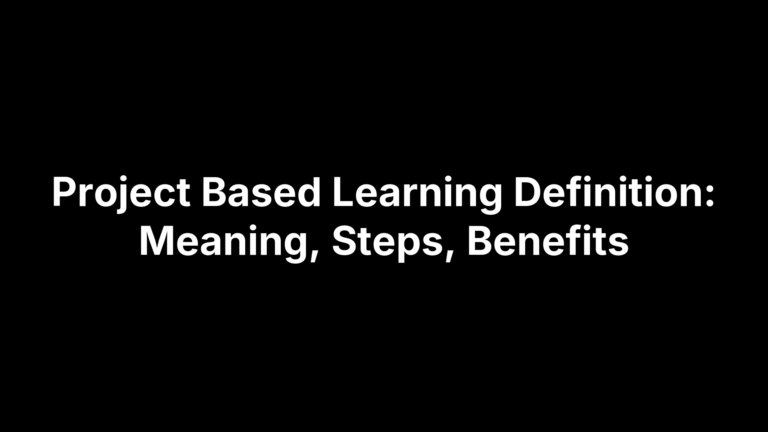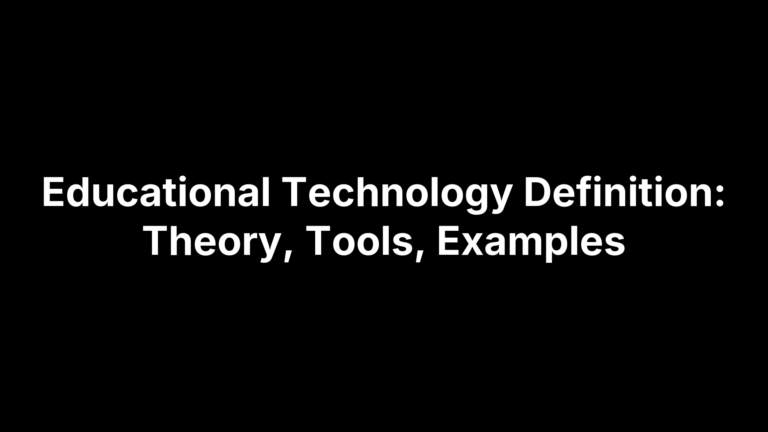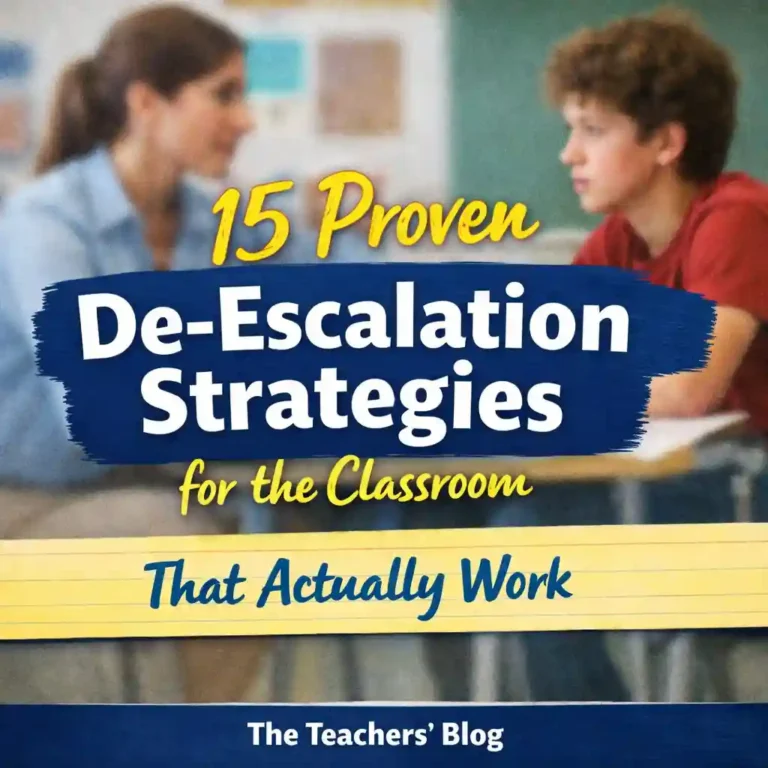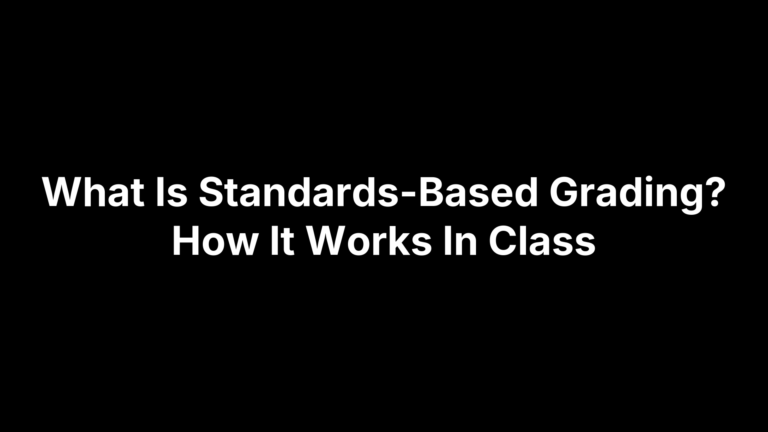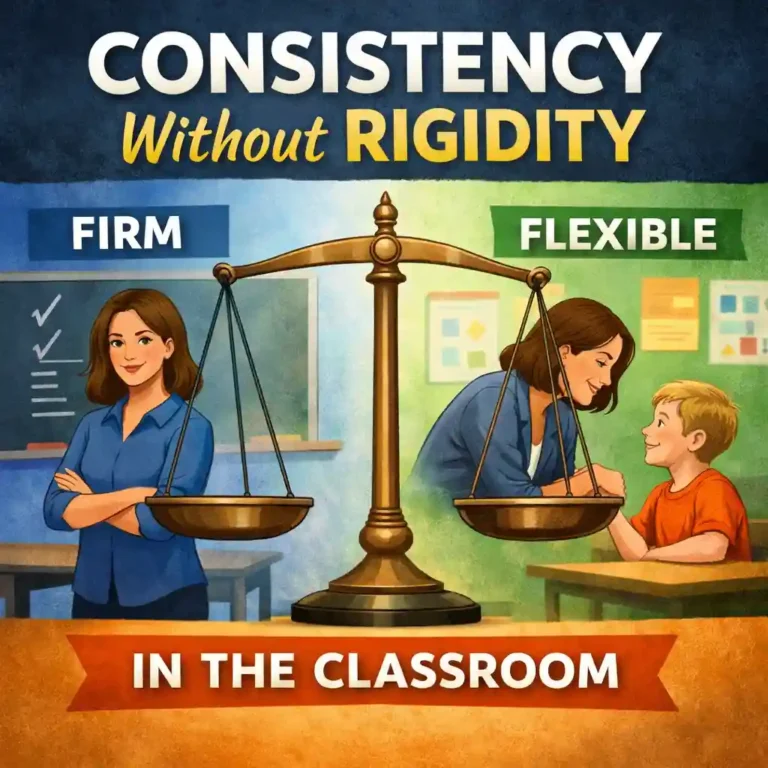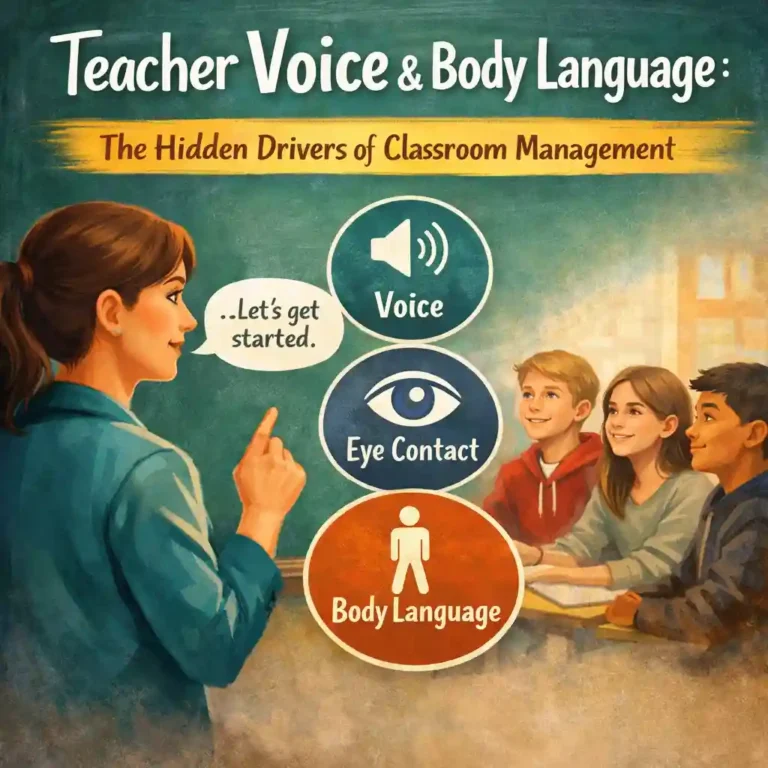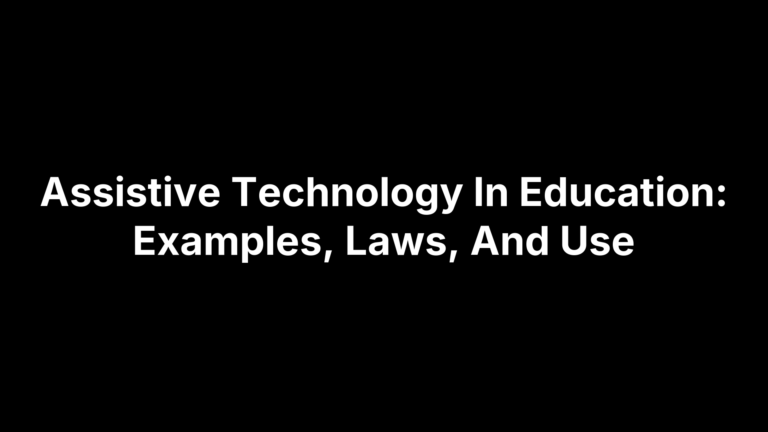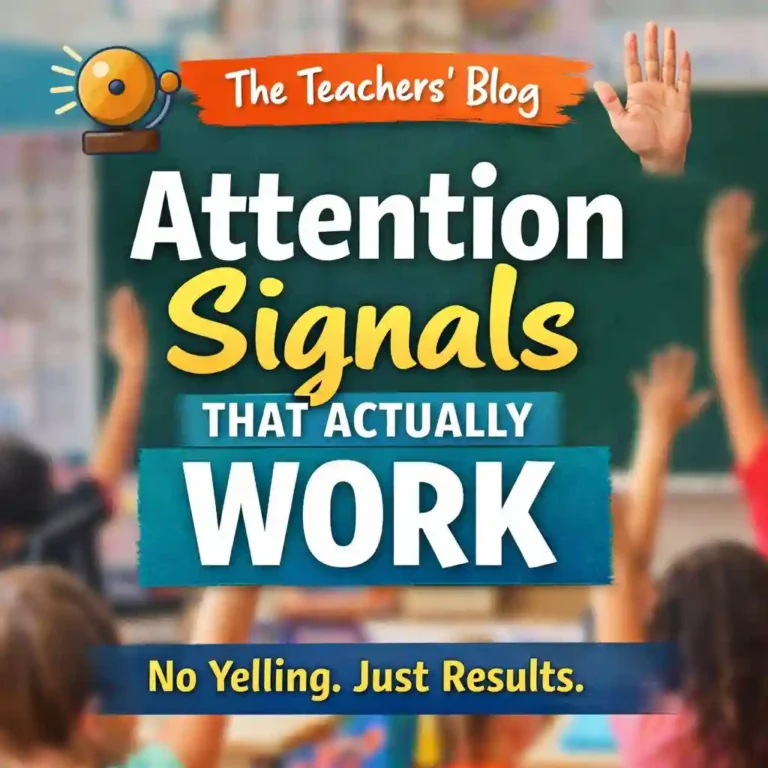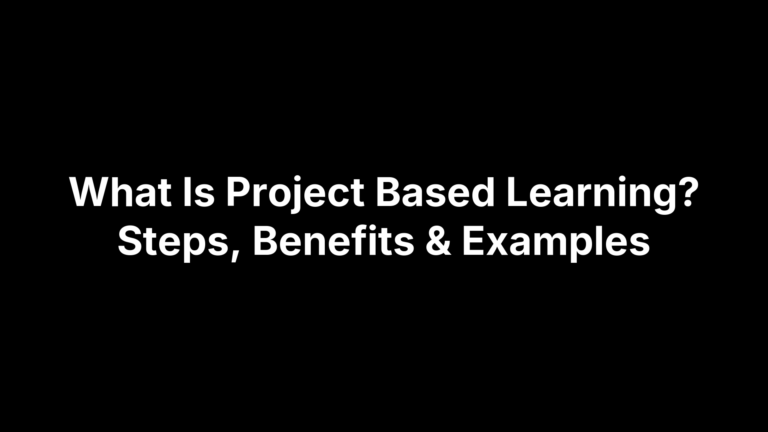Project Based Learning Definition: Meaning, Steps, Benefits
Teachers often hear about PBL as the answer to student disengagement, but what does it actually mean in practice? A clear project based learning definition starts with understanding that this isn’t just about assigning projects, it’s a structured teaching methodology that transforms how students acquire knowledge and skills. At The Cautiously Optimistic Teacher, we believe…
